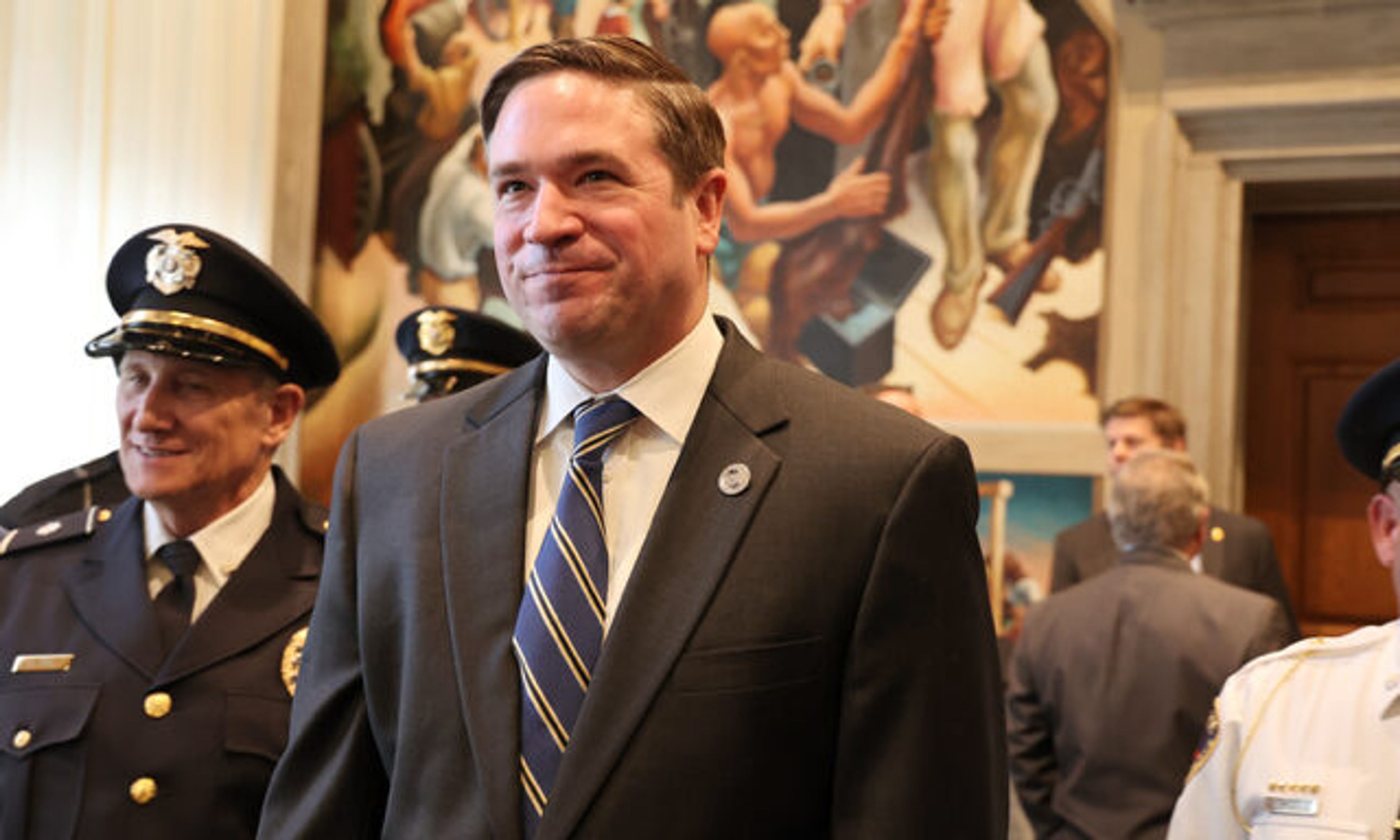PROJECT CHARLIE HELPING CHILDREN SAY NO TO DRUGS
Children are eager to be called upon by Nancy Wickham and Tonya Buttry (left). Nancy Wickham and Tonya Buttry are in their first year with Project Charlie. Nancy Wickham and Tonya Buttry are just two volunteers going into the Jackson school system and teaching children about drug prevention by building self-esteem...
Children are eager to be called upon by Nancy Wickham and Tonya Buttry (left).
Nancy Wickham and Tonya Buttry are in their first year with Project Charlie.
Nancy Wickham and Tonya Buttry are just two volunteers going into the Jackson school system and teaching children about drug prevention by building self-esteem.
The two are part of Project Charlie. Charlie stands for Chemical Abuse Resolution Lies In Education. They go into the classrooms and teach for about 30 minutes a week for almost the entire school year.
"When I retired I said that would be the one volunteer thing I do because I believe in it," Wickham said.
"I have hopes that we can reach kids at this age to know the dangers of drugs," she added.
Project Charlie originated in Minneapolis in 1976. It was implemented in the Jackson school system in 1985 by the Area Wide Task Force.
The program volunteers go into second and fourth grade classrooms to build self-esteem.
The goals of Project Charlie are to assist teachers and school administrators in promoting an atmosphere of mutual respect and acceptance, to provide learning opportunities for parents focusing on building self-esteem at home and to build self-esteem in children and provide them with better skills for living.
Project Charlie was created to address the six causal factors that had been linked to chemical use problems.
The program addresses low self-esteem, peer pressure, lack of healthy relationships, poor decision-making skills, boredom and curiosity and lack of drug information.
Wickham believes in the program because when she worked as a secretary in a school she saw the program work on the children at the school.
"I think if you can instill in them that they are special, they can say no to drugs," Wickham said.
The materials for the program are costly and the program relies on donations from the community to keep the program going.
Today, Project Charlie curriculum contains over 150 lessons, activities and strategies that are targeted at students K-6. Positive reinforcement is the centerpiece of the curriculum.
"The kids seem to love it," Wickham said.
The adult volunteers are trained to implement the program in the classrooms. The methods used in the classroom include but are not limited to circle group discussions, self-discovery activity sheets, filmstrips and video-tapes, role-playing and small group activities.
The children are taught to make healthy decisions and to respect themselves.
Connect with the Southeast Missourian Newsroom:
For corrections to this story or other insights for the editor, click here. To submit a letter to the editor, click here. To learn about the Southeast Missourian’s AI Policy, click here.








